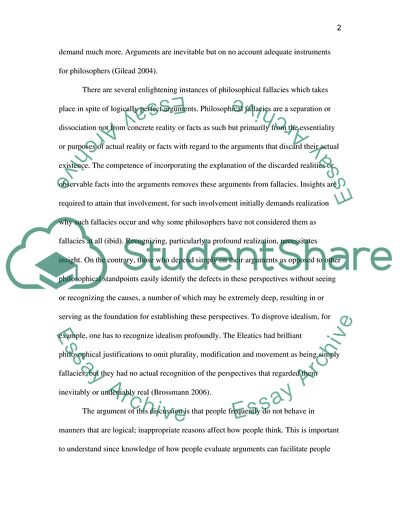Cite this document
(Critical Thinking in Ethics: A Review of Philosophical Fallacies Term Paper, n.d.)
Critical Thinking in Ethics: A Review of Philosophical Fallacies Term Paper. https://studentshare.org/philosophy/1718526-ethics
Critical Thinking in Ethics: A Review of Philosophical Fallacies Term Paper. https://studentshare.org/philosophy/1718526-ethics
(Critical Thinking in Ethics: A Review of Philosophical Fallacies Term Paper)
Critical Thinking in Ethics: A Review of Philosophical Fallacies Term Paper. https://studentshare.org/philosophy/1718526-ethics.
Critical Thinking in Ethics: A Review of Philosophical Fallacies Term Paper. https://studentshare.org/philosophy/1718526-ethics.
“Critical Thinking in Ethics: A Review of Philosophical Fallacies Term Paper”. https://studentshare.org/philosophy/1718526-ethics.


